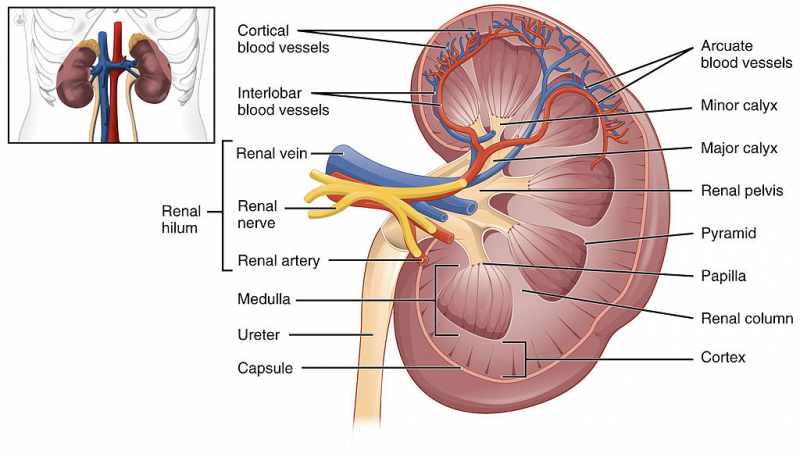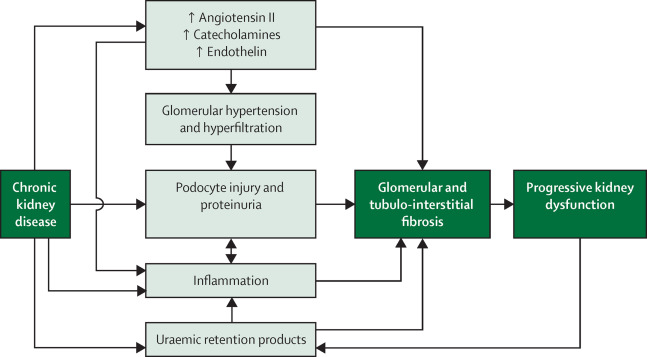Your kidneys filter waste and additional fluid from your blood, and your body gets to eliminate them through excretion. If your kidneys don’t work well, those things can stay in your blood. That condition is called uraemia, or uremic syndrome.It will happen as a result of a long-running pathological state, like diabetes or high blood pressure, or because a severe injury or an infection damages your kidneys.
Symptoms
As symptoms u might:
-Feel nauseated
-Feel itchy
-Lose your appetite or taste for some foods
-Feel more tired than usual
-Lose weight
-Have trouble concentrating
-Feel pain, numbness, or cramps in your legs or feet (caused by damage to your nerves)
If it’s not treated, uraemia may also cause alternative issues, like:
-High blood pressure
-Anemia
-Heart disease
-Brain damage

Diagnosis
If your doctor thinks you may have uraemia, he might suggest that you simply see a kidney specialist, called a nephrologist. She can do a few tests to see how well your kidneys are working:
Blood tests: These live bound things in your blood, as well as a chemical referred to as creatinine and a waste matter known as urea. Based on what quantity creatinine is there, your doctor will use a formula to work out your calculable glomerular filtration rate (eGFR). This will show what proportion blood your kidneys will clean each minute. The lower the number, the more damaged your kidneys are.
Urinalysis: Your doctor can take a sample of your pee to look for things like blood cells or proteins that shouldn’t be there if your kidneys are operating well.

Treatment
This depends on the reason for the problem with your kidneys. If it’s caused by a condition like high blood pressure or diabetes, treating that may keep them from getting worse.
If your kidneys are broken to the purpose that they’re failing, you may need help getting waste out of your blood. One option is a process called dialysis. It usually involves pumping your blood through a machine that cleans it and sends it into your body. It will take many hours, and most people who need the treatment need to have it done 3 times a week at a medical center.
About 10% of people who need dialysis use a different kind, called peritoneal dialysis. With this, the area around the organs in your belly is stuffed with a fluid that pulls wastes out. The fluid is usually drained out through inserting a tube in to your belly. This can be done at home but still needs to be done regularly.
If your problem is caused by a long-term illness that has seriously damaged your kidneys, you’ll probably need dialysis for the rest of your life, unless you get a kidney from a donor. Doctors do more than 17,000 kidney transplants a year, but there are far fewer kidneys available than there are people who need them. It can take more than 3 years to get a transplant.